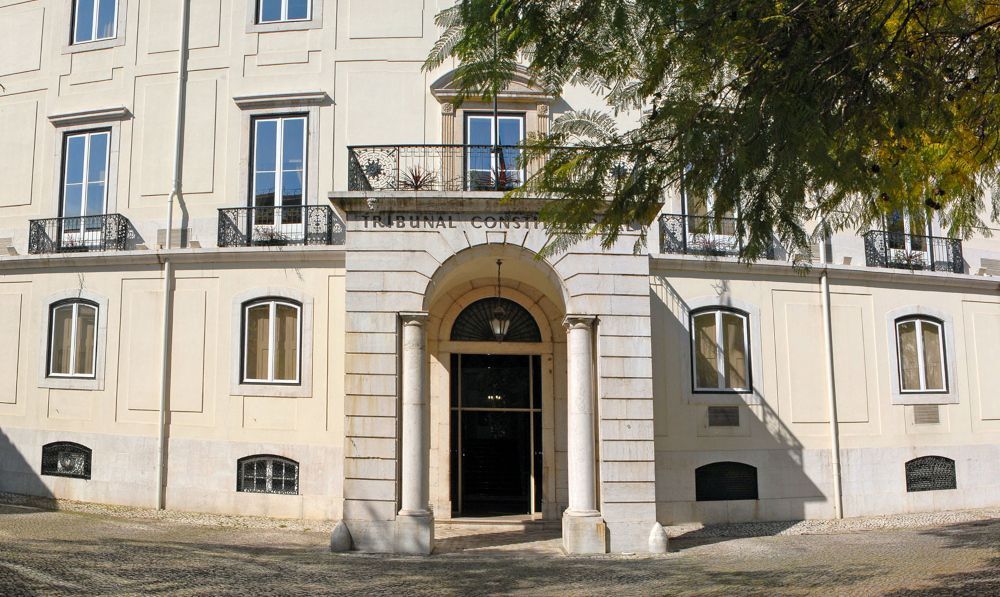Am I a Resident for Tax Purposes? If My Permit Was Granted
In Portugal, Residency for immigration purposes and Residency for tax purposes have different requirements and the relocation process should not be concluded until both registrations are completed.
Non-European citizens become legally resident in Portugal when obtaining a Residence Permit, under one of the several regimes potentially applicable, and EU citizens should register as residents in Portugal by requesting a EU Residence Certificate.
Once this process is completed, in all cases, except for the Golden Visa holders (who have different minimum stay requirements to comply with), the applicants are committed to live in Portugal and comply with the minimum stay requirements. Therefore, most likely the new Portuguese residents will also be required to register as Residents for tax purposes.
On this topic, we note that an individual becomes a tax resident of Portugal upon registering as such. On the other hand, an individual will under applicable law be deemed Portugal tax resident if, among other circumstances, he/she:
- either spends more than 183 days in the country, whether or not consecutive, in any given 12-month period; or
- has a place of abode in the country under circumstances that may lead to the presumption that this is his/her usual home.
Based on the above mentioned rules, it is certainly the case that legal Residents in Portugal, under a Residence Permit or a Residence Certificate, who reside in Portugal, will be deemed as tax Residents.
A Portugal tax resident individual is liable to Portuguese income tax on his/her worldwide income, which must be all declared in the annual tax return.
In any case, a newly resident individual that meets the eligibility criteria is entitled to benefit from "non-habitual resident" (NHR) tax status, which grants important tax exemptions.
In order to assist you in having a smooth relocation process, our Immigration and Tax Teams work closely to guarantee that your specific case is analysed from all angles.
Raquel de Matos Esteves
Head of Tax











